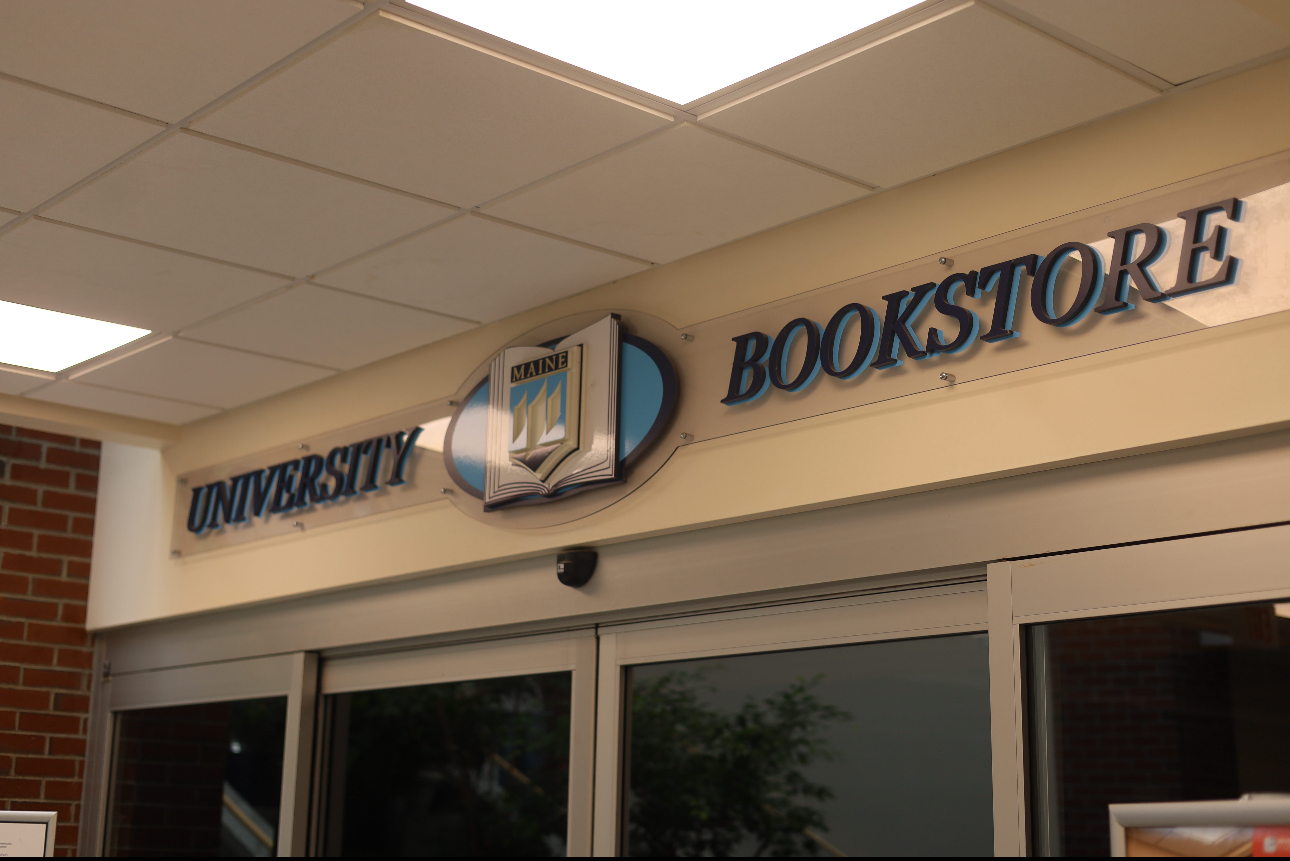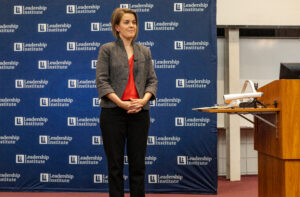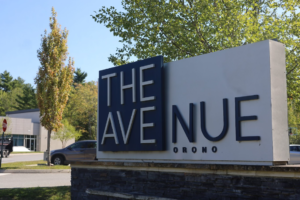OPINION: A year ago I wrote a piece calling the Academic Materials Program (AMP) “A Misleading Ploy.” I wrote this right as the University of Maine had started its first full year with AMP. A year later, I find that AMP has gotten worse, not better. It’s time to go back to the old ways and to stop pretending like this experimental trial program is beneficial for a majority of students when it is not.
The way AMP works is by essentially combining all of a student’s textbook fees into a single fee. Last year, the fee was roughly $240. It’s gone up to $274. Most students, especially those in the College of Liberal Arts and Science (CLAS), don’t find their total costs adding up to this. As an English student, I only had to get four books this semester. These didn’t add up to anything close to the $274 fee. This is a program that operates on students buying at a deficit to fund those who are supported by it. To make matters worse, it’s no longer considered an “essential fee” for scholarships and won’t be covered by things like Merit Scholarships that may have covered AMP as a required fee last year.
A counterargument is that students should just opt out but there are factors preventing this. Students who have online textbooks that are licensed through the program may not be able to get access to the course without buying the book through AMP. This means they may be in a situation where they have to buy AMP to fund a single course.
AMP is the third system for textbooks I’ve experienced in my time at this school. When I first got here, students would simply fill out a form with the bookstore and they would pick up a box on their first day with all their books in it, as well as receiving a free sweatshirt. If they didn’t fill out the form for pre-order, they could still go into the bookstore to find their books on the shelves. There used to be actual bookshelves with books we could buy in the bookstore.
After that, UMaine leaned more into the inclusive access program. This was more of a hybrid model. Some books were still offered physically and on the shelves while some were online. The online ones you could choose to buy through the program and it would be charged to your bill, but you could also opt out and find it yourself. This was handled on a textbook by textbook basis.
Then they introduced AMP. There were no longer books available in the bookstore, everything just had to be read online or picked up at the AMP station. Being able to walk around and see books for a class you’re not in is no longer something you can do as a student.
Inclusive access was a perfect middle ground between students funding books out of pocket and everything being handled by a lump-sum fee. The bookstore should move back to inclusive access. It’s what makes the most sense for every student, not just some. It’s time for the bookstore to start selling books again.











